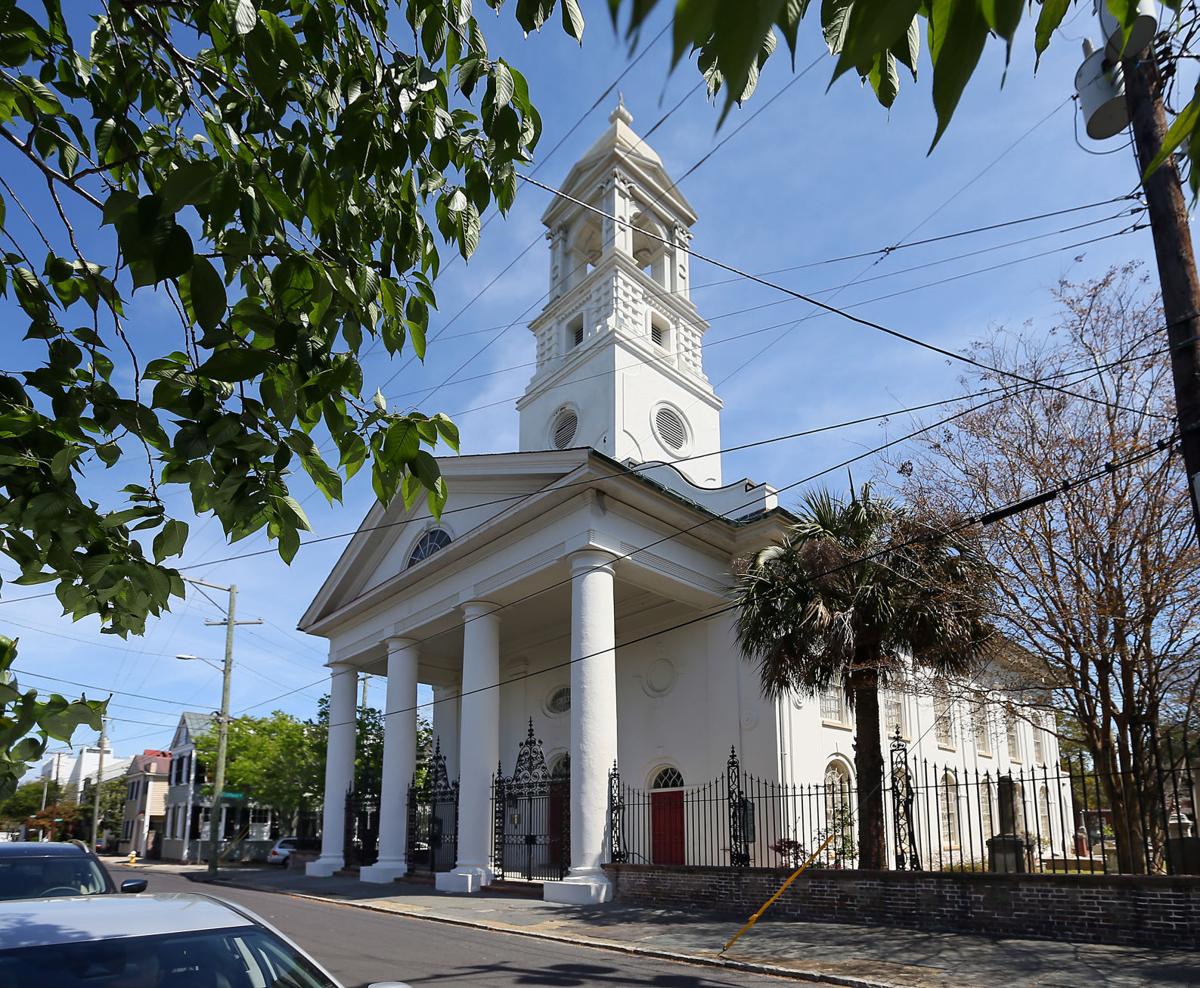 |
| Ruth Miller presenting in class |
 |
| Saint Johns Lutheran Church |
Due to the "absolute freedom of religion in the Carolinas", these graveyards range from lots of denominations. Including but not limited to the Methodists, Jewish, Baptist, Lutheran, Quaker, and Catholic. My own church, Saint Johns Lutheran Church, was even on the list of 18th-century graveyards which was wild and eye-opening to think that the church I go to most Sundays has a graveyard over 200 years old.
Something else Ruth mentioned that shows the horror slavery brought to the Carolinas was that there are no slaves buried in these church graveyards. Charleston being the empire of slave import and having the large plantation system back in the 1800s, that was surprising to know that they did not even consider them members of the society enough to go and bury them in the church graveyard which many of them did attend as well.
Something else interesting about Charleston was that it was the richest state in colonial America. We made most of our money of crops like rice and tobacco, but it was thanks to the slaves that we were able to come into all of this money.
Even though Charleston was one of the richest cities according to Ruth Miller "Charleston had no stone, Gravestones had to be imported.", the irony in this is that Charleston had all this money and literally spent it on gravestones. Ruth Miller's talk was not just interesting but taught me a lot about my own city that I did not even know.
Even though Charleston was one of the richest cities according to Ruth Miller "Charleston had no stone, Gravestones had to be imported.", the irony in this is that Charleston had all this money and literally spent it on gravestones. Ruth Miller's talk was not just interesting but taught me a lot about my own city that I did not even know.







